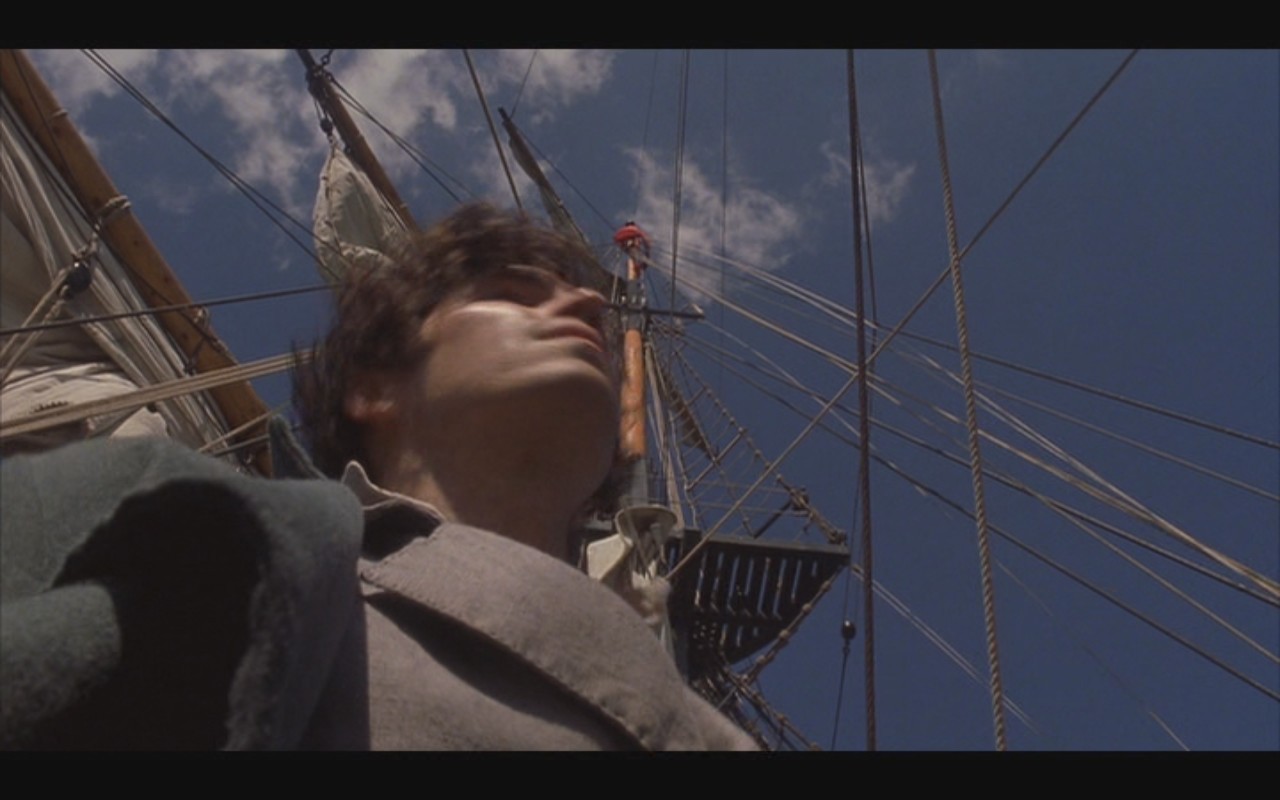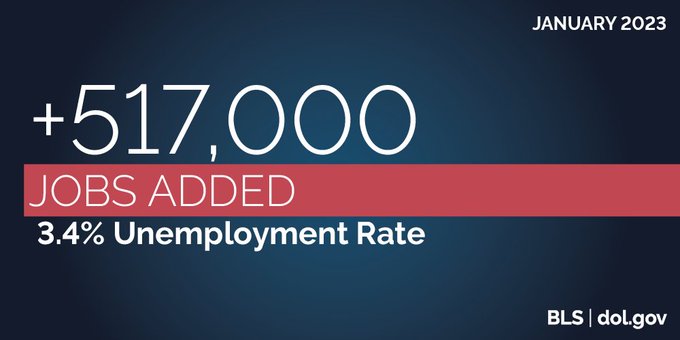Is The Count Of Monte Cristo Still Relevant Today? A Critical Review

Table of Contents
Enduring Themes of Revenge, Justice, and Redemption
The Count of Monte Cristo grapples with timeless themes that resonate deeply with modern audiences. The novel's exploration of revenge, justice, and redemption continues to provoke thought and discussion, highlighting the complexities of human morality.
The Allure of Revenge
The revenge narrative, a staple of storytelling across cultures and eras, is central to The Count of Monte Cristo. Edmond Dantès's quest for vengeance, fueled by betrayal and injustice, remains powerfully relatable, even in a world vastly different from 19th-century France.
- Modern media, from Kill Bill to Peaky Blinders, demonstrates the enduring fascination with revenge narratives. These stories often explore the psychological toll of seeking retribution.
- The novel raises significant ethical questions about the morality of revenge. Is it ever justified? What are the consequences of prioritizing vengeance over forgiveness? These questions remain highly relevant in our contemporary moral landscape.
- The cycle of violence, frequently depicted in revenge tales, is a major consideration in The Count of Monte Cristo. The consequences of Edmond's actions show the multifaceted nature of revenge.
Justice and the Legal System
Dumas masterfully critiques the flaws and injustices within the legal system through the wrongful imprisonment of Edmond Dantès. This critique is surprisingly relevant today, with ongoing concerns about systemic biases, corruption, and wrongful convictions.
- Examples abound in modern headlines: cases of police brutality, wrongful imprisonments due to flawed evidence, and the unequal application of the law.
- The novel starkly portrays the corruption and manipulation within the French legal system of the time. This parallels modern concerns about political influence, bribery, and the manipulation of justice for personal gain.
- Comparing the novel's depiction of justice with contemporary legal systems reveals both progress and persistent problems in the pursuit of fairness and accountability.
The Possibility of Redemption
Edmond Dantès's journey is not simply one of revenge; it's also a complex exploration of redemption. His transformation, from wronged innocent to vengeful Count, and ultimately towards a tentative form of forgiveness, raises crucial questions about the possibility of second chances and the nature of forgiveness.
- Edmond's actions, while motivated by understandable anger, are often morally ambiguous. The line between justice and cruelty becomes blurred, forcing the reader to confront uncomfortable questions.
- Interpretations of Edmond's character arc vary greatly. Some see him as a tragic hero, others as a ruthless villain. This ambiguity adds to the novel's complexity and enduring appeal.
- Modern perspectives on forgiveness and rehabilitation resonate with the themes explored in The Count of Monte Cristo. The question of whether redemption is always possible remains a subject of ongoing debate.
Relatable Characters and Their Modern Echoes
The characters of The Count of Monte Cristo are far from one-dimensional; they possess depth and complexity that resonates with modern readers.
Edmond Dantès – A Modern Anti-Hero?
Edmond Dantès is a fascinating character study. He's not a traditional hero; his methods are often morally questionable. This makes him a compelling anti-hero, similar to characters found in modern literature and film.
- Comparing Edmond to modern anti-heroes, such as Walter White from Breaking Bad or Dexter Morgan, reveals shared characteristics: a complex motivation, a willingness to break rules, and a charismatic personality despite their moral flaws.
- Edmond's actions, though driven by a desire for justice, are often ruthless and manipulative. This moral ambiguity is what makes him such a compelling and complex character.
- The novel forces us to confront the grey areas of morality, questioning whether the ends justify the means, even in the pursuit of justice.
The Villains and Their Modern Counterparts
The antagonists of The Count of Monte Cristo – Fernand Mondego, Danglars, and Villefort – represent timeless archetypes of betrayal, greed, and ambition. Their motivations are strikingly relevant to contemporary society.
- These characters find parallels in modern narratives: corrupt politicians, ruthless businessmen, and individuals driven by envy and a thirst for power.
- Themes of betrayal, greed, and ambition are universal and timeless. They continue to drive conflict and intrigue in our world, mirroring the dynamics found within the novel.
- The novel's exploration of power dynamics and their corrupting influence remains relevant in our modern context, where issues of corporate greed and political corruption dominate headlines.
The Novel's Literary Style and Enduring Impact
Dumas's masterful storytelling is a significant reason for the novel's enduring appeal. His narrative techniques, combined with the lasting impact of the story, secure its place in literary history.
Dumas's Narrative Techniques
Dumas is a master of suspense, pacing, and character development. His detailed descriptions, dramatic plot twists, and intricate plotting hold readers captive from beginning to end.
- The use of flashbacks and foreshadowing creates dramatic tension, expertly weaving together different timelines. These techniques remain effective in modern storytelling.
- Comparing Dumas's style to modern authors reveals both similarities and differences, highlighting the enduring power of his storytelling techniques.
- The novel's impact on subsequent literature is undeniable, with countless authors drawing inspiration from its themes and narrative strategies.
The Count of Monte Cristo in Popular Culture
The enduring popularity of The Count of Monte Cristo is evident in its numerous adaptations across various media. These adaptations demonstrate the novel's enduring relevance and its ability to resonate with modern audiences.
- Numerous film and television adaptations, from silent films to modern miniseries, showcase the story's enduring appeal. These adaptations often reinterpret the story for contemporary audiences.
- These adaptations often highlight different aspects of the novel, sometimes emphasizing the revenge narrative, other times focusing on the themes of justice or redemption.
- The novel's continued popularity in various media formats demonstrates its enduring cultural significance and its capacity for reinterpretation across different eras.
The Enduring Legacy of The Count of Monte Cristo
In conclusion, The Count of Monte Cristo remains remarkably relevant in contemporary society. Its exploration of revenge, justice, and redemption, its complex and relatable characters, and Dumas's masterful storytelling continue to captivate and challenge readers. The novel's enduring themes, the moral ambiguity of its characters, and its lasting influence on popular culture solidify its status as a literary masterpiece. Rediscover the timeless power of The Count of Monte Cristo and explore its enduring relevance for yourself. Further research into the historical context of the novel and its subsequent adaptations will enrich your understanding of its lasting impact.

Featured Posts
-
 Robertson Du Canada Sidey Rejoint La Carte De Combat Ufc De Des Moines
May 04, 2025
Robertson Du Canada Sidey Rejoint La Carte De Combat Ufc De Des Moines
May 04, 2025 -
 Ajagba Intensifies Training For Bakole Fight
May 04, 2025
Ajagba Intensifies Training For Bakole Fight
May 04, 2025 -
 Analysis Of Aprils U S Jobs Report 177 000 New Jobs Unemployment At 4 2
May 04, 2025
Analysis Of Aprils U S Jobs Report 177 000 New Jobs Unemployment At 4 2
May 04, 2025 -
 Harnessing The Wind The Potential Of Wind Powered Trains For A Greener Future
May 04, 2025
Harnessing The Wind The Potential Of Wind Powered Trains For A Greener Future
May 04, 2025 -
 The Truth Behind The Emma Stone And Margaret Qualley Oscars Drama
May 04, 2025
The Truth Behind The Emma Stone And Margaret Qualley Oscars Drama
May 04, 2025
